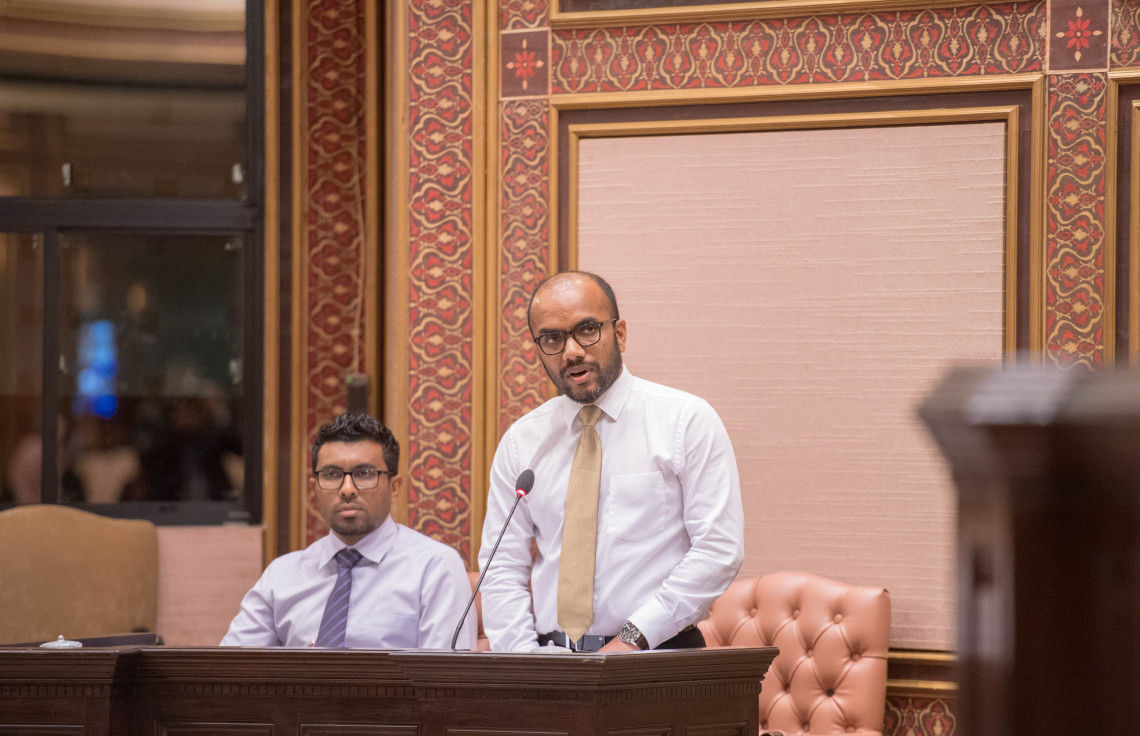Parliament approves MVR1.7bn supplementary budget
Approval was sought to allocate grant aid and extra funds for signature initiatives.

27 Aug 2019, 09:00
Parliament on Tuesday night approved an MVR1.7 billion (US$110 million) supplementary budget submitted by the finance ministry last week.
It was passed unanimously with 71 votes following a committee review and floor debate over three sittings since Monday night.
Additional funds were needed to improve public services, continue infrastructure projects and carry out programmes and projects pledged in the ruling party’s manifesto, according to the finance ministry. Grant aid has also exceeded forecasts by MVR716.8 million, which needed to be allocated through the supplementary budget, the ministry said.
The constitution requires parliamentary approval to add new expenditures to the budget passed for the year.
Become a member
Get full access to our archive and personalise your experience.
Already a member?
Discussion
No comments yet. Be the first to share your thoughts!
No comments yet. Be the first to join the conversation!
Join the Conversation
Sign in to share your thoughts under an alias and take part in the discussion. Independent journalism thrives on open, respectful debate — your voice matters.




